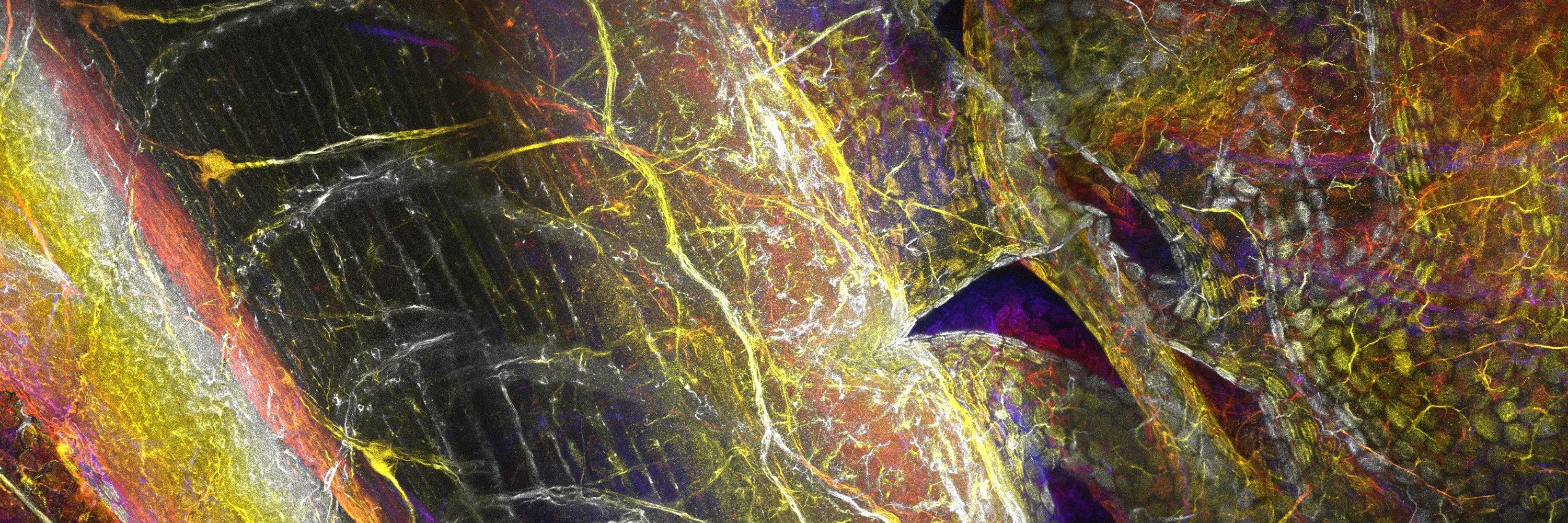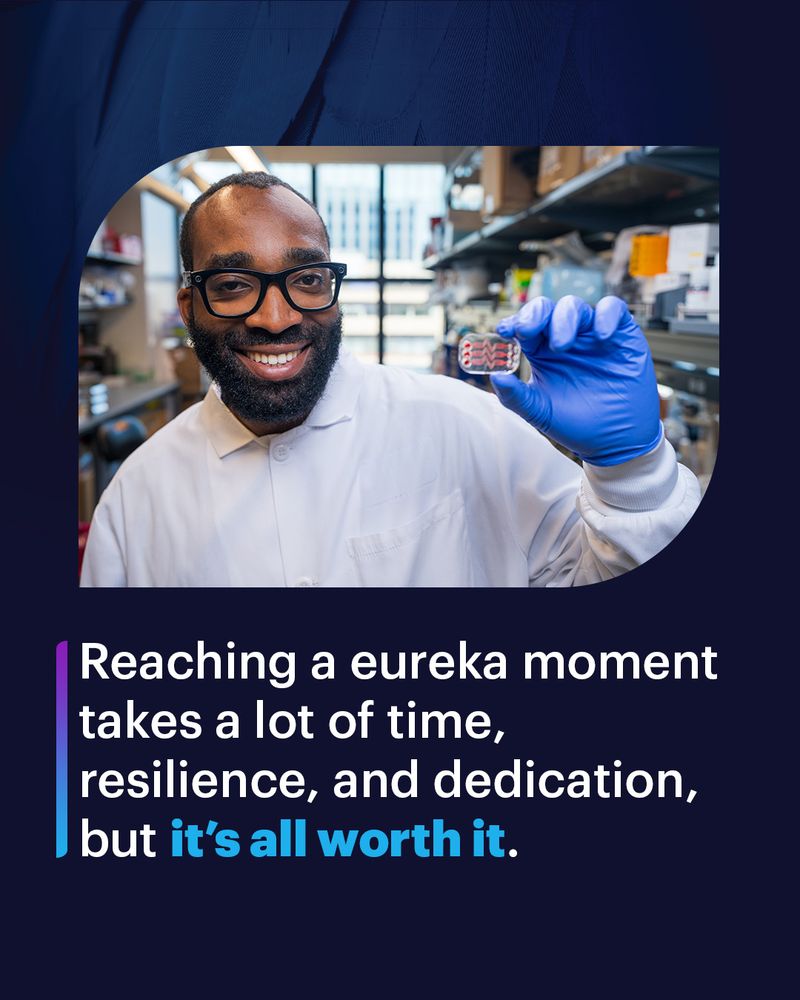





Learn more about this exciting program, its progress, and how you can get involved.

Learn more about this exciting program, its progress, and how you can get involved.
Check out the work from the Artzi lab in PNAS: https://bit.ly/4oBNqGe
Press release: https://bit.ly/447OtFD

Check out the work from the Artzi lab in PNAS: https://bit.ly/4oBNqGe
Press release: https://bit.ly/447OtFD













@wyssinstitute.bsky.social
journals.asm.org/doi/10.1128/...

@wyssinstitute.bsky.social
journals.asm.org/doi/10.1128/...
@wyssinstitute.bsky.social

@wyssinstitute.bsky.social









